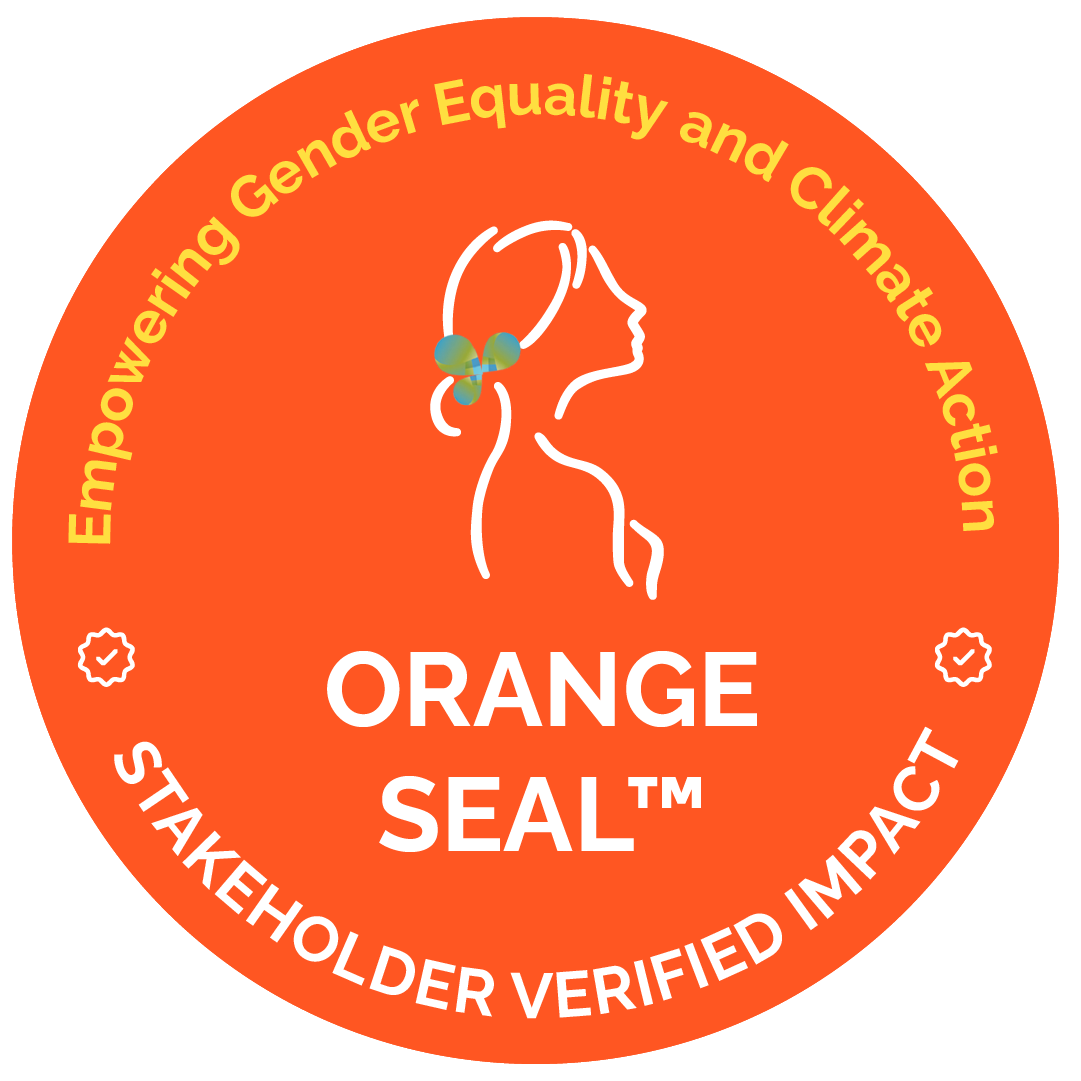Delivery of point of use water treatment to last mile communities with Micro finance institutions (MFI)
Background
Micro finance institutions (MFI) are organizations both for and not for profit that offer small loans to often poor people mostly in developing countries. The modern form of MFIs was pioneered by Grameen. The MFIs lend money to women in a group, where the group members are responsible for the repayment of the loans of all group-members. This system has been very effective in achieving high pay-back percentages and there is some evidence it reduces poverty of the wider community. Water and sanitation loans have been fervently pushed by Water.org.
Why use micro finance for financing a water filter?
1 Reduction of up-front costs
For the poor getting water and a bathroom is expensive. Building a private toilet costs up to $400 for a household, while piped water connections cost around $150. Even purchasing a Nazava water filter, to provide safe drinking water for a family, for only $30 forms a large cash expense.
2 Product costs are right fit with loan sizes for the Bottom of the Pyramid
Poor people have more urgent priorities like education and healthcare that tend to consume their cash, so there is no spare cash for water and sanitation investments. Many MFIs are looking for ways to expand their loan portfolio in the right way. A loan for a water filter is a good fit because it improves the health of the clients, it increases customer loyalty and it adds to the amount of outstanding loans (a MFI KPI).
3 Reaching low-income households, especially women
MFIs already selected poor households to work with. In Indonesia the poverty score card was translated and tested by Komida, a 500K members MFI from Indonesia. Working with MFIs is thus effective in reaching out to poor women.
Cooperation between Nazava & MFIs / lending groups
In Indonesia and Kenya, Nazava works together with MFIs so that women can pay the filters in installments. In Kenya Nazava works with Juhudi Kilimo, ECLOF, Equity Bank, Vision Fund Kenya, and BIMAS. In Indonesia Nazava works with KSPPS Baytul Ikhtiar (BAIK) and BMI. The cooperation works as follows:
- The MFI buys a first batch of filters (between 50 and 2000; depending on size of operations) at a discount. Discount depends on order size and support needs;
- A Nazava staff member trains loan officers in the field on a) how to create awareness on safe drinking water and b) selling water filters.
- This takes about 5 hours for a batch of 20 loan officers. Nazava provides sales books, brochures and sample filters;
- Nazava staff then join loan officers to credit groups to assist and coach the sales presentations;
- The credit officers take the orders from the clients. Each client needs to apply for the “water-filter-loan” according to the MFI rules, after this is approved the water filter is delivered to the household by the MFI staff during the next planned lender group meeting ;
- The clients pay back in up to 50 weekly installments according to the regular installment system of the MFI;
- Next; Nazava and the MFI plan a new cycle of sales support activities together with MFI management.
Benefits for Micro finance institutions & clients
Benefits for MFI
- Healthier clients that save money because they do not have to boil or buy water
- Additional income from margin and interest
- Loans for products can increase the number of clients and help in creating client loyalty
Benefit for water filter Client (end -users)
- Healthier drinking water
- Financial savings
- More convenience



